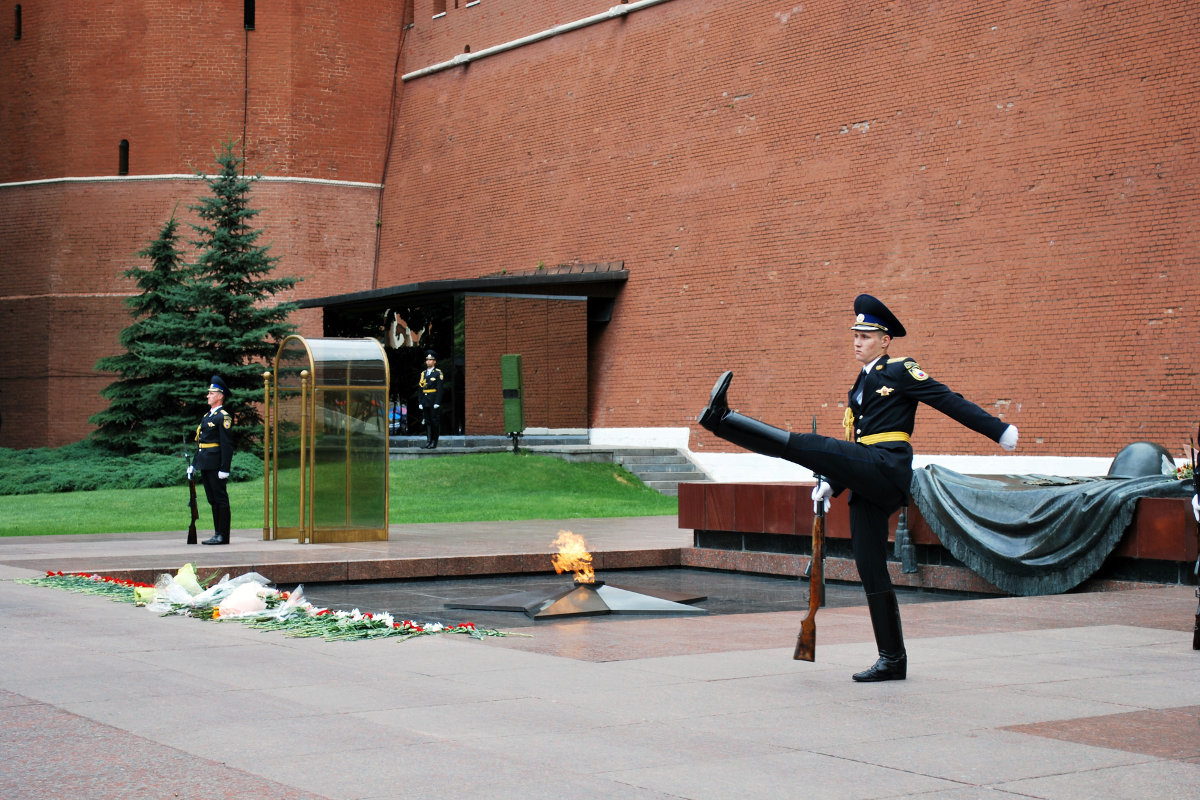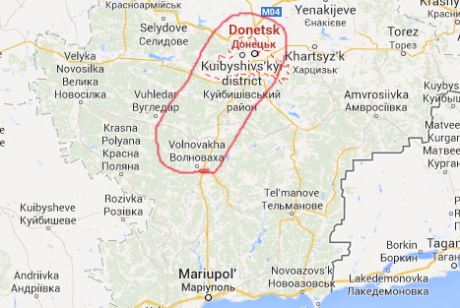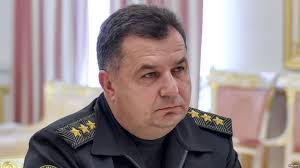Vladimir Putin not only has further isolated his country from the world by vetoing the UN Security Council resolution calling for a tribunal on the downing of the Malaysian jetliner, Konstantin Borovoy says, he also now faces a situation in which his ability to blackmail Ukraine and the West is increasingly limited by the failures of his forces there.

In the course of an interview
with Apostrophe.com.ua, the Russian opposition figure notes that “every time” Moscow needed talks as in Minsk-1 and Minsk-2 Accords, Moscow “actively used the instruments of blackmail: it stepped up its aggression, conducted offensive operations, used heavy weapons, and carried out all kinds of provocations, political and military.”
In the current situation when Putin clearly sees the need for new agreements as cover for his actions, he will likely use the same tactic. But Borovoy says, “we are approaching a moment when the aggressive measures of Russia may be followed by a very serious military response… [and] the Kremlin is very concerned about this situation.”
At the same time, however, Borovoy adds, no one in the West wants the conflict to escalate. Instead, all are more or less satisfied with a “frozen” conflict: people continue to die “but not in such numbers as would if there were large-scale military operations.
But the question remains, he says. Can one negotiate with an aggressor who, one knows in advance, will violate anything he says or signs? “Would it have been worthwhile to conduct negotiations with fascist Germany, for example?” Or is it the case, he asks rhetorically, that the only way to stop such a regime is with “armed resistance?”
Regime change in Russia is not going to happen as a result of domestic processes there either at the elite or mass level, the opposition figure says. Instead, it will require “the occupation of part of the territory of Russia,” and ultimately the holding of a Nuremberg-type tribunal “not somewhere in Europe or Ukraine but in Moscow.”
“Already now,” Borovoy says, “countries are beginning to recognize the danger of what Russia is doing and they are trying to solve the problem by non-military means. Everyone understands that actions are necessary, but no one wants to participate in a military conflict. The only possibility then is sanctions and an embargo.”
It has “generated a certain uncertainty among the members of NATO. In this situation, NATO and the US have been forced to show their members that they are prepared to defend their common borders and fulfill their obligations to the members of the alliance,” perhaps even more than otherwise because of what the West has not yet done in Ukraine.





